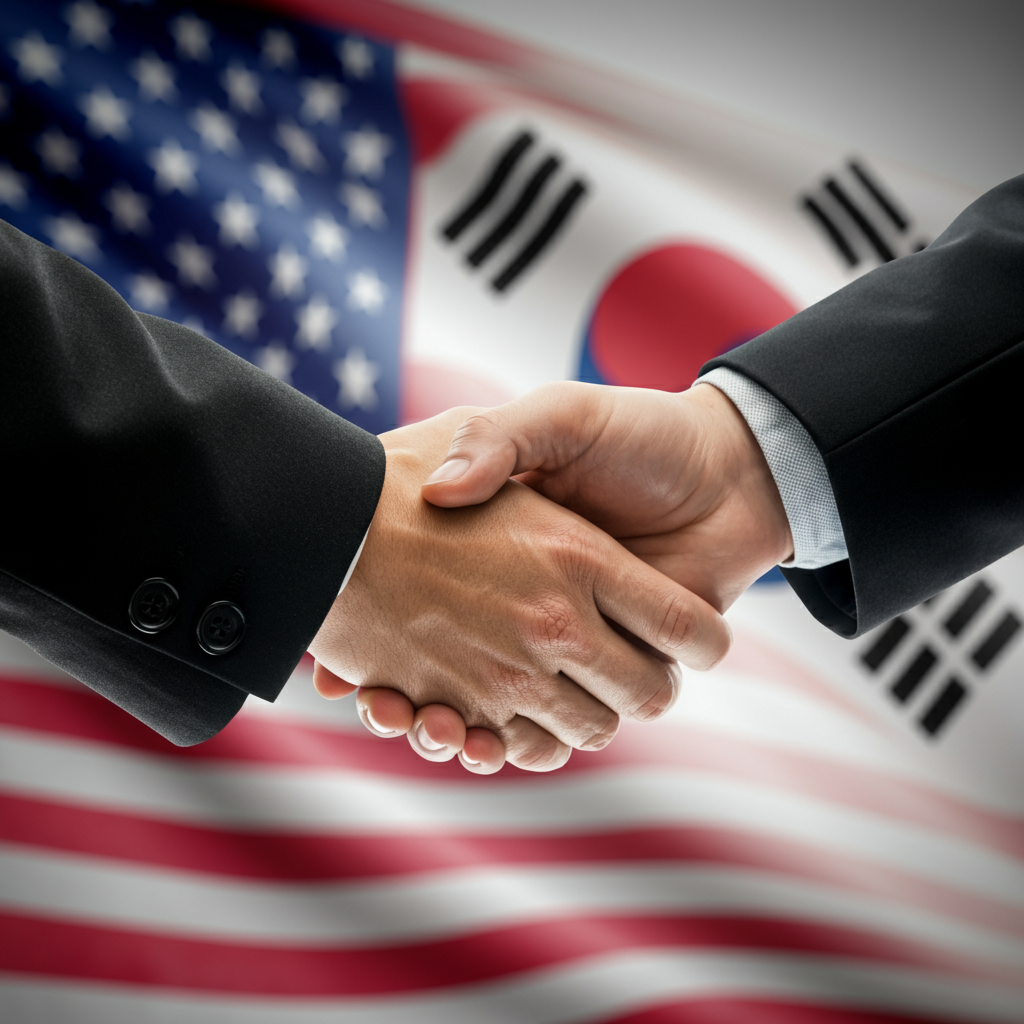- A U.S. diplomat expressed regret to South Korea over an immigration raid targeting Korean workers.
- The raid involved allegations of mistreatment, including excessive force and disrespectful conduct.
- South Korea welcomed the U.S. diplomat’s sentiment and commitment to prevent similar incidents.
- The incident underscores the importance of protecting immigrant workers and ensuring humane treatment during enforcement actions.
- It has broader implications for U.S.-South Korea relations, emphasizing mutual respect and open communication.
- Advocacy groups are using this event to push for greater oversight and reform in immigration policies.
A recent statement from a senior U.S. diplomat has brought international attention to the treatment of foreign workers in the United States. The diplomat formally expressed regret to South Korea following an immigration raid that involved allegations of harsh treatment against Korean nationals. This event has sparked a conversation about diplomatic relations, immigration enforcement, and the rights of immigrant workers.
The Incident and Diplomatic Response
The situation unfolded after an immigration enforcement operation targeted a facility employing several dozen Korean workers. Reports emerged from the South Korean government detailing claims of inhumane treatment during the raid. These allegations included the use of excessive force and disrespectful conduct by enforcement agents, which prompted an immediate and concerned response from Seoul.
In a significant diplomatic gesture, a high-ranking U.S. diplomat conveyed regret over the incident to South Korean officials. While stopping short of a formal apology, the expression of regret is a noteworthy step in acknowledging the gravity of the situation and the concerns raised by a key ally. South Korea’s Foreign Ministry confirmed the communication, stating that it welcomed the diplomat’s sentiment and the United States’ commitment to prevent similar incidents in the future.
Broader Implications for U.S.-South Korea Relations
This incident occurs within the complex and deeply intertwined relationship between the United States and South Korea. As strong economic and military allies, both nations work to maintain open and respectful lines of communication. The swift diplomatic response from the U.S. appears to be a deliberate effort to manage the fallout and reaffirm the value of the partnership.
For South Korea, ensuring the safety and fair treatment of its citizens abroad is a top priority. The government’s firm stance on this issue sends a clear message that it will advocate for its nationals. The U.S. acknowledgment helps soothe diplomatic tensions and reinforces the foundation of mutual respect that underpins the alliance.
A Spotlight on the Treatment of Immigrant Workers
Beyond the diplomatic sphere, this event highlights the ongoing debate surrounding immigration enforcement and the conditions faced by immigrant workers in the United States. The allegations of mistreatment have resonated with advocacy groups who have long called for greater oversight and accountability in immigration operations.
The incident serves as a reminder that immigration policies have a human impact that can extend across international borders. It underscores the importance of ensuring that enforcement actions are conducted humanely and with respect for individual rights, regardless of a person’s immigration status. As discussions continue, this event will likely be a reference point for policy-makers and human rights advocates pushing for reform and greater protections for all workers.

